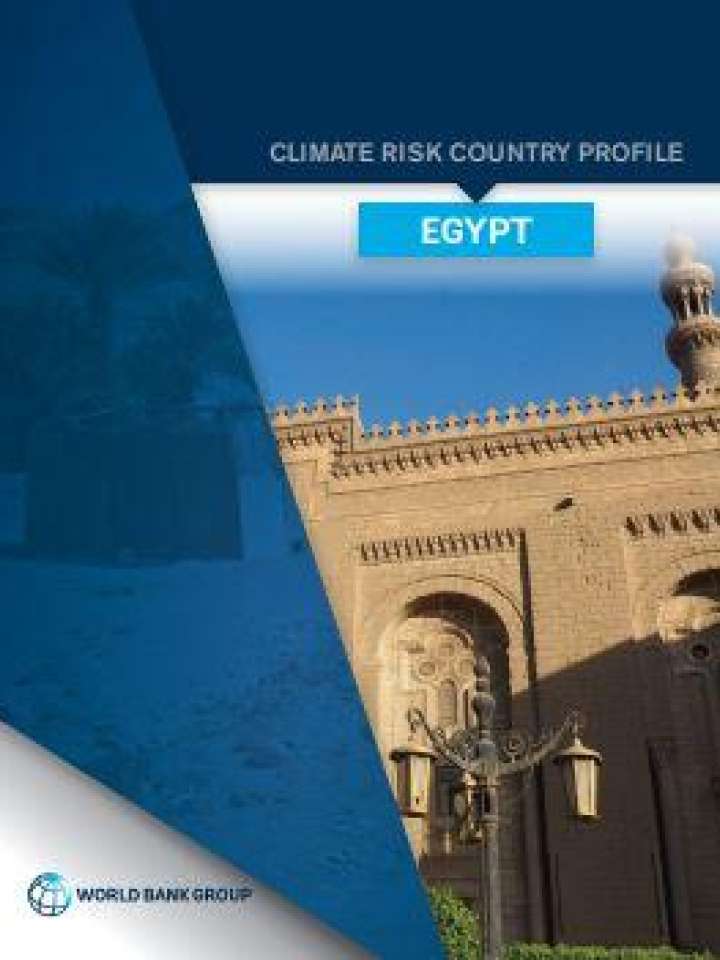Climate risk country profile: Egypt
Egypt is considered highly vulnerable to climate change due to its primary dependence on the Nile River, which serves needs for potable water, agriculture, industry, fish farming, power generation, inland river navigation, mining, oil and gas exploration, cooling of machinery and power generation. This dependence on the Nile River’s water makes the country vulnerable to rising temperatures, reduced rainfall for the upper Nile Basins as well as the reduction of rainfall on the east Mediterranean coastal zone.
Egypt submitted its Nationally-Determined Contribution (NDC) and Third National Communication (NC3) to the UNFCCC in 2016, in support of the its efforts to realize its development and economic goals and increase its adaptive capacity to climate change. The country is particularly vulnerable to the impacts of climate variability and change, particularly with respect to water security, agriculture and livestock, increasingly adverse conditions to health, human settlements, and energy demand and supply. Egypt’s NDC is consistent with the country’s overall goals of reducing vulnerability and poverty, and achieving long-term sustainable, economic development. Key areas of focus include the sustainability of the environment, water resources, energy, sustainable land management, agriculture, and health.
Explore further
